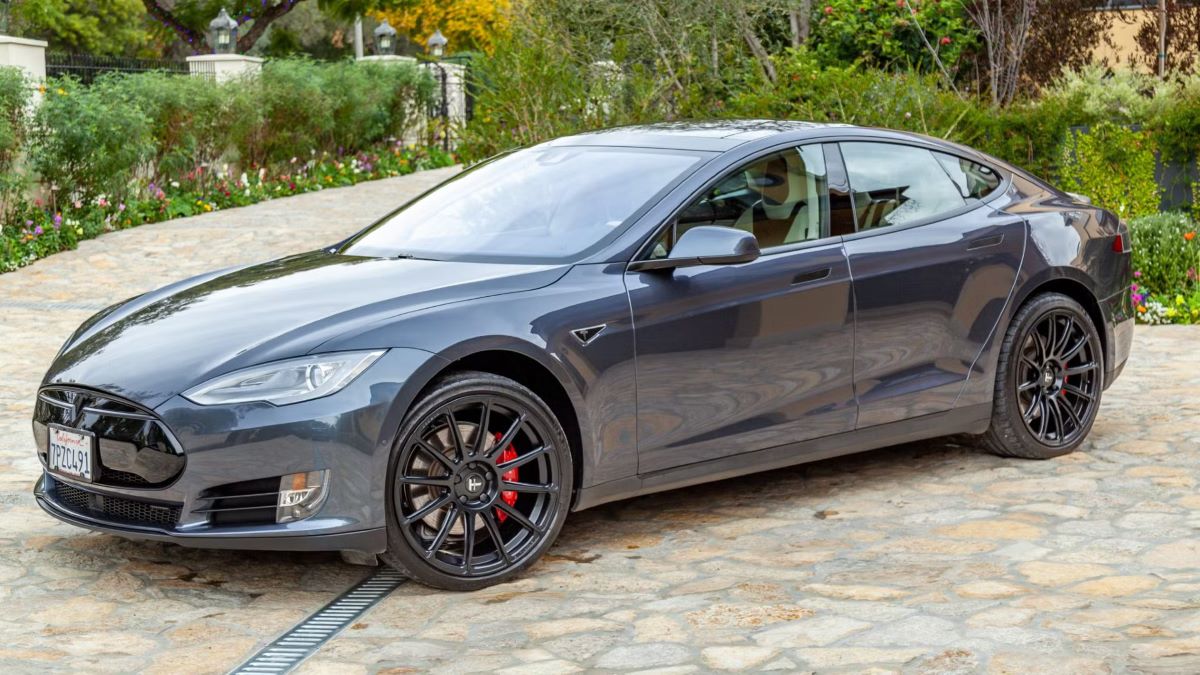In today’s world, electric vehicles (EVs) have become a popular choice for environmentally friendly transportation. However, one of the primary concerns for potential EV buyers remains: “How reliable and long-lasting will my investment be?”
The encouraging news is that several EV models boast high-reliability ratings, extended battery warranties, and the potential to exceed 100,000 miles over their lifetime.
To ensure your EV remains in peak condition for years to come, it’s essential to research models with strong reliability scores, dependable battery performance, and sufficient range.
Additionally, reviewing the warranty provided by each manufacturer before making a purchase is crucial. Many manufacturers today offer warranties covering up to 100,000 miles or eight years of use, which reflects their confidence in the durability of their battery technology.
With a solid reliability rating and an extensive warranty period, you can have peace of mind knowing that your EV is built to last well beyond 100,000 miles.
While traditional gasoline-powered vehicles are often known for their longevity compared to EVs, thorough research and reading customer reviews before making a purchase remain critical.
Investing time in research upfront can lead to significant savings in the long run. If you’re looking for a durable and reliable EV, these ten models are worth considering.
10. Hyundai Kona Electric
The Hyundai Kona Electric is a highly efficient EV known for its impressive performance and reliability. It comes equipped with a 64 kWh battery pack, delivering an energy efficiency rating of four miles per kWh.
This translates to approximately 256 miles on a single charge, making it a solid option for both city commuting and longer trips.
Under the hood, the Kona Electric features a 201-horsepower electric motor, which provides smooth acceleration and immediate torque, ensuring a seamless driving experience, especially in urban environments.
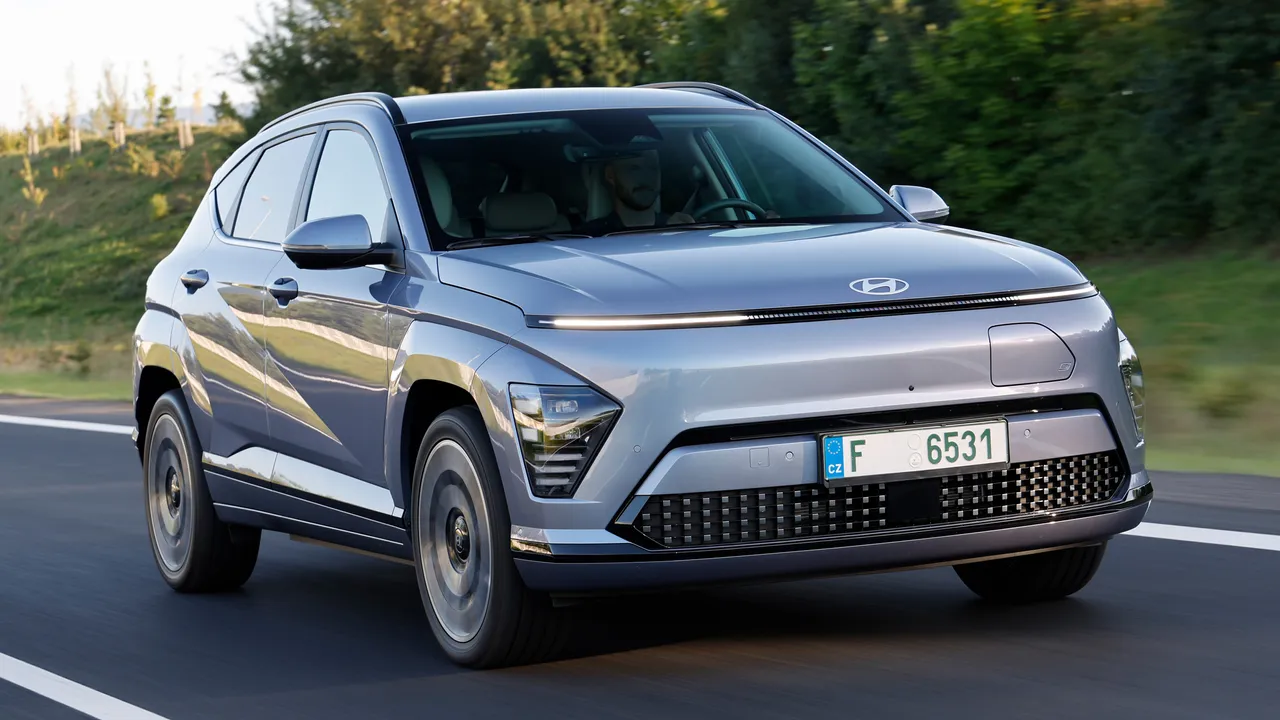
Recognized by both customers and automotive experts as a highly reliable model, the Kona Electric is expected to last up to and even beyond 100,000 miles throughout its lifespan.
One of its key advantages is the use of a specially engineered lithium-ion polymer battery, which has lower memory sensitivity and superior charge efficiency compared to many other EVs.
Additionally, its regenerative braking system helps extend battery life by reducing unnecessary strain and minimizing the frequency of recharges.
9. Mini Cooper SE Electric
The Mini Electric is among the electric vehicles expected to surpass 100,000 miles over its lifetime on its original battery. On average, it is projected to last between 10 and 15 years before requiring a battery replacement.
A distinctive feature of the Mini Electric is its T-shaped battery design, with part of the battery positioned between the front seats and extending beneath the rear seats. It is powered by twelve packs of lithium-ion cells that contribute to its efficiency and compact build.
The vehicle is equipped with a 32.6 kWh battery pack, which has received an EPA rating of 110 miles per charge. Additionally, with a 50 kW charging speed, it can charge from 10% to 80% in under 30 minutes, making it a practical option for quick recharges.
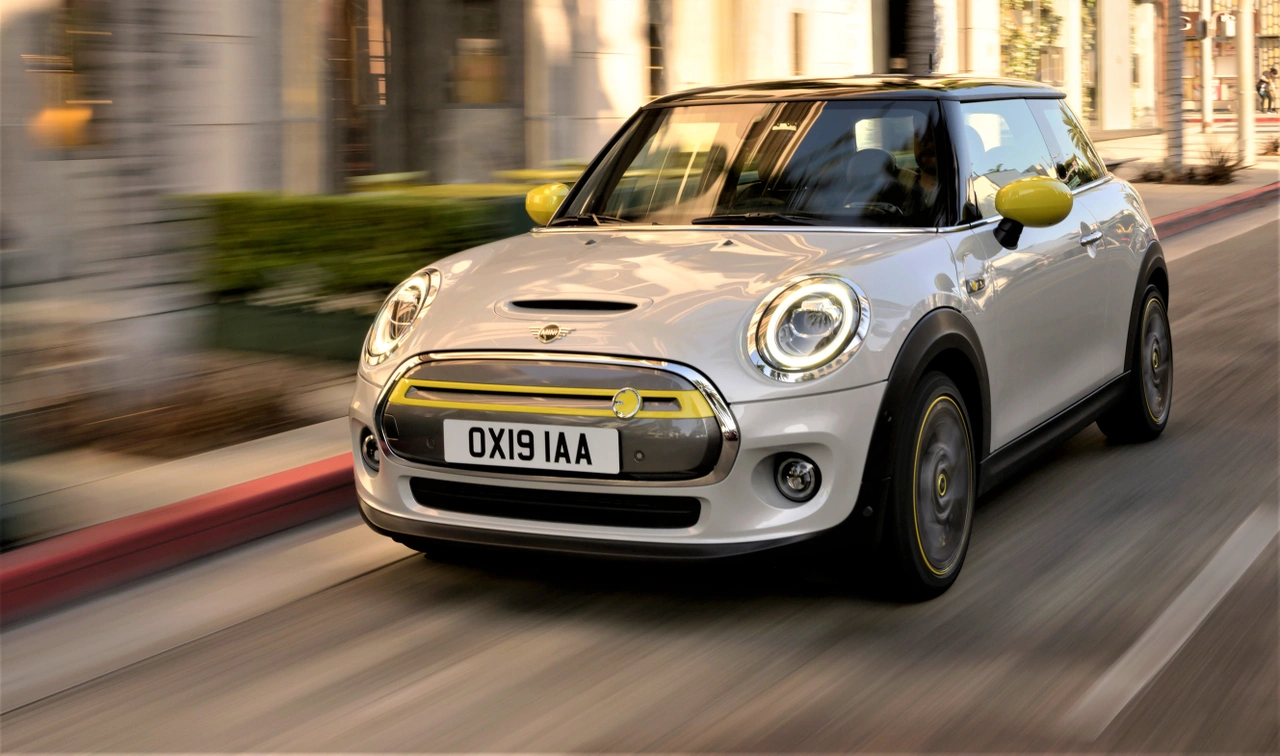
For added peace of mind, the Mini Electric comes with an 8-year/100,000-mile battery warranty, ensuring longevity and reliability.
Its near-perfect engineering enhances both build quality and efficiency, making it a solid choice among EVs.
Since its debut in 2019, the Mini Electric has consistently earned positive reviews from both customers and industry experts, reinforcing its reputation as a dependable and well-built electric vehicle.
8. Chevrolet Bolt EUV
The Chevrolet Bolt EUV offers an impressive 247-mile range and comes with an 8-year/100,000-mile battery warranty for added peace of mind. According to Consumer Reports, the Bolt EUV was ranked joint 10th out of 11 vehicles in terms of reliability.
One of the key factors contributing to the Bolt EUV’s reliability is its advanced powertrain technology. It is powered by a 65 kWh lithium-ion battery, which drives a 200-horsepower electric motor.
This setup allows it to achieve an efficiency of 3.8 miles per kWh, making it one of the more efficient EVs on the market.
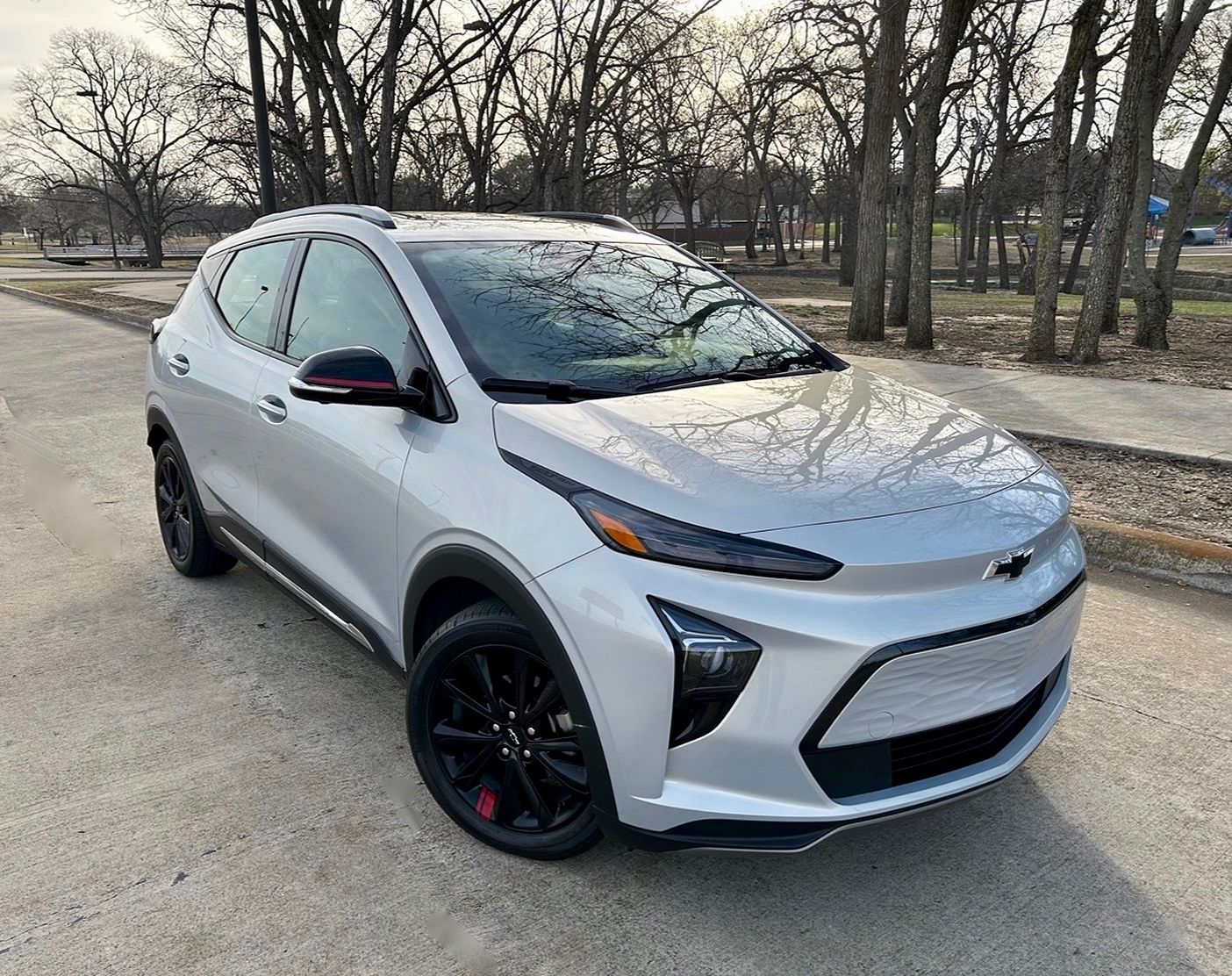
Additionally, the Bolt EUV features an advanced regenerative braking system, which helps extend battery life while improving overall driving efficiency.
For faster recharging, it includes a DC fast-charging system capable of delivering over 50 kW, allowing the vehicle to gain 100 miles of range in just 30 minutes.
The same battery technology used in the Bolt EUV is also found in the Chevrolet Bolt EV, further cementing its reputation as a reliable and efficient electric vehicle.
7. BMW i3
The BMW i3 holds a significant place in automotive history as one of the first mass-produced electric vehicles. It comes standard with a 167-horsepower electric motor and an 18.2 kWh battery pack, which provides an 81-mile range on a single charge.
For drivers concerned about range anxiety, BMW offers an optional gas-powered engine that extends the vehicle’s driving range beyond its all-electric capabilities.
Introduced in 2014, the BMW i3 was BMW’s first all-electric vehicle designed and mass-produced from the ground up.Between 2014 and 2016, the BMW i3 was ranked as the third best-selling electric vehicle worldwide.
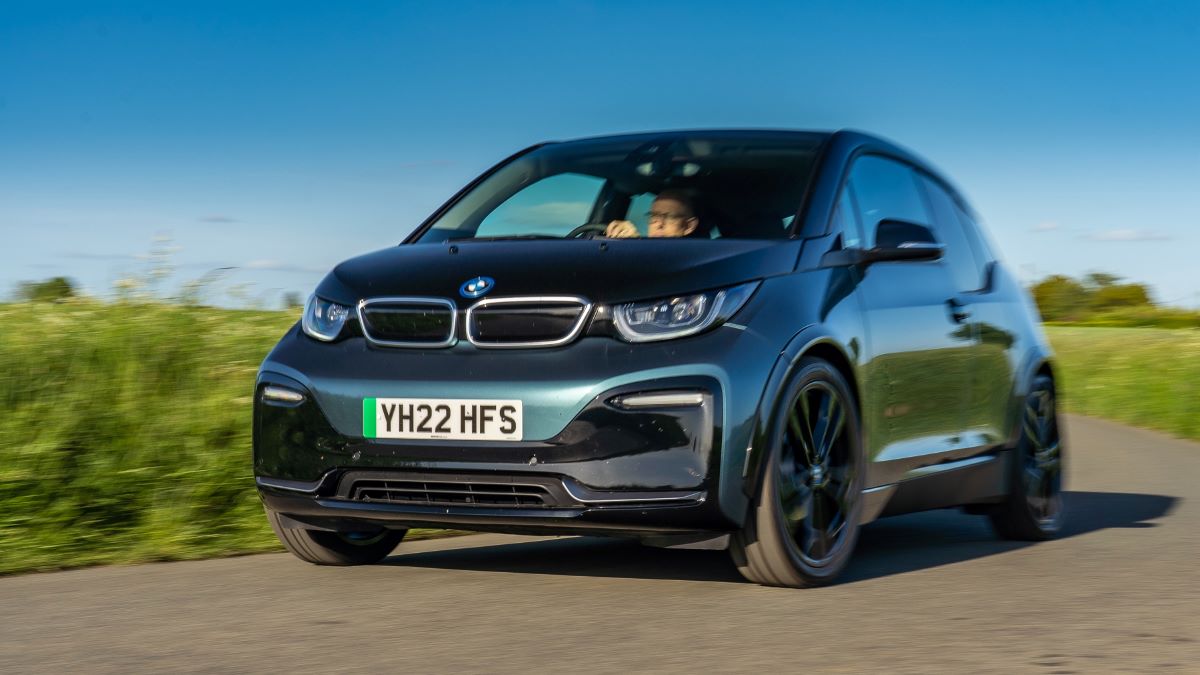
By 2021, global sales had surpassed 100,000 units, with 45,000 of those sold in the U.S. alone by December 2021. BMW backs the i3’s battery with an 8-year/100,000-mile warranty, ensuring long-term reliability.
One notable example of the i3’s durability comes from a BMW i3 owner in South Africa, who managed to drive her vehicle 195,000 miles by 2016.
The car featured a 21.6 kWh battery pack, which had been in use for five and a half years, demonstrating the longevity of BMW’s battery technology.
6. Tesla Model S
The Tesla Model S consistently ranks among the top electric vehicles in terms of reliability. Designed and engineered with durability and long-term performance in mind, it features an advanced battery pack that comes with an 8-year/150,000-mile warranty, ensuring that the vehicle remains operational for many years.
The Model S is constructed using aerospace-grade aluminum, which provides a lightweight yet highly durable structure.
This not only enhances performance and efficiency but also contributes to its longer lifespan compared to many other EVs.
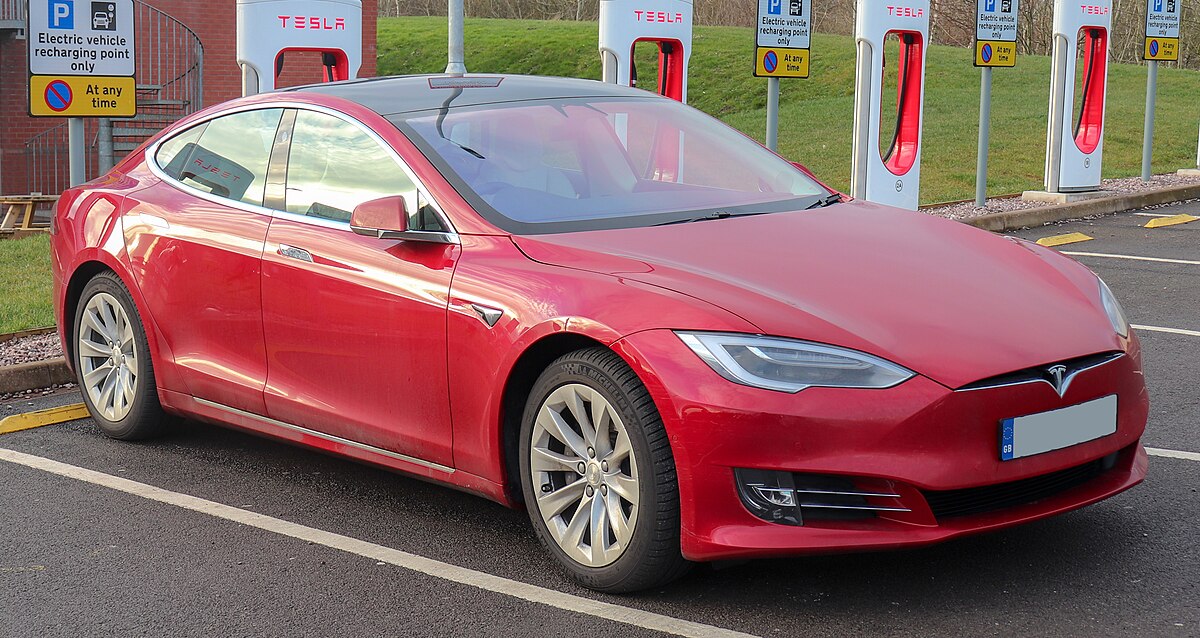
Additionally, the Model S incorporates an exceptional regenerative braking system, which helps to preserve battery life by recovering energy during deceleration.
In 2017, a Tesla Model S operated by Tesloop, a ride-sharing service, surpassed 100,000 miles with minimal maintenance costs.
Since then, several owners have reported their Model S vehicles approaching 500,000 miles, with at least one driver exceeding 600,000 miles, further demonstrating the exceptional longevity and reliability of this EV.
5. Volkswagen ID.4
The Volkswagen ID.4 is recognized as one of the most reliable electric vehicles, according to Consumer Reports.
It also comes with one of the longest battery warranties in the industry, offering 8 years/100,000 miles of coverage. With its high reliability ratings, the ID.4 is expected to surpass 300,000 miles over its lifetime.
Volkswagen engineered the ID.4 with maximum durability in mind, ensuring that every component, from the exterior panels to the powertrain, is built with high-quality materials to extend the vehicle’s lifespan.
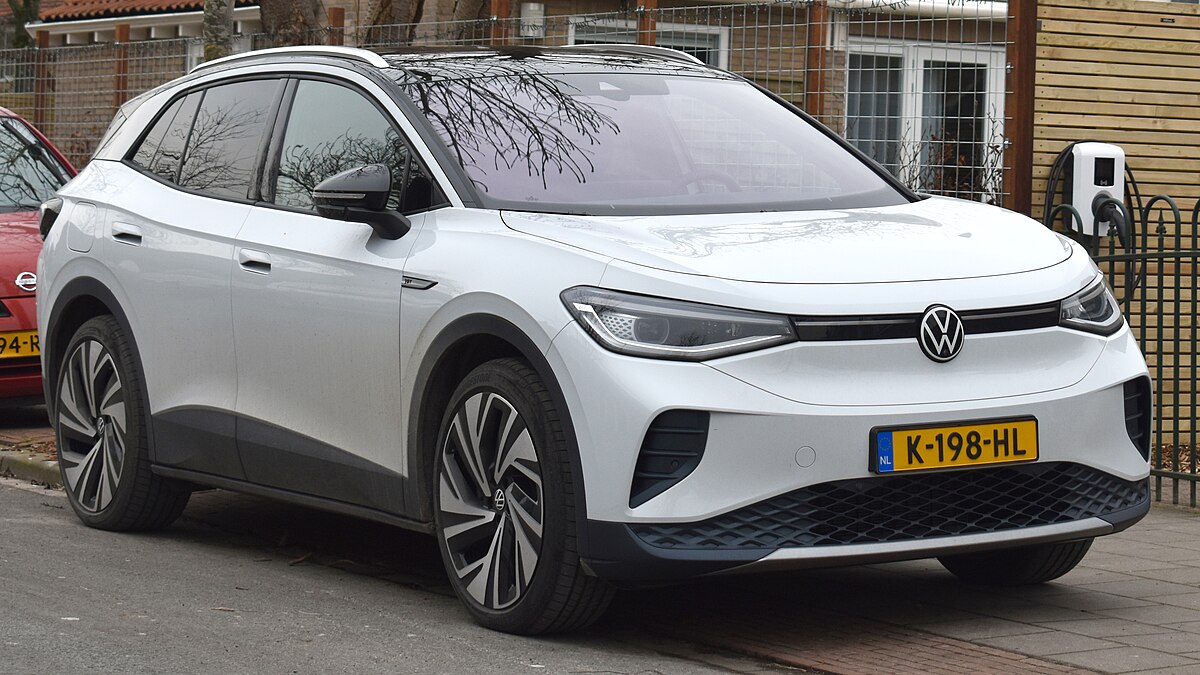
The battery pack is encased in a sturdy aluminum frame, which helps prevent heat buildup a major factor that can degrade battery performance over time.
Additionally, the battery cells are coated with a special protective layer, providing enhanced resistance against shock, vibration, and corrosion.
These design elements contribute to the ID.4’s long-term reliability and durability, making it a solid choice for EV buyers looking for longevity.
4. Ford Mustang Mach-E
The Ford Mustang Mach-E is a high-performance, all-electric SUV built to travel long distances. It offers an impressive range of up to 300 miles on a single charge and comes with a manufacturer-backed 8-year/100,000-mile battery warranty.
The Mach-E utilizes lithium-ion battery cells with nickel manganese cobalt (NMC) cathodes, similar to those found in the Chevrolet Bolt EV. These cells are encased in aluminum plates, much like the Volkswagen ID.4, to effectively manage heat transfer.
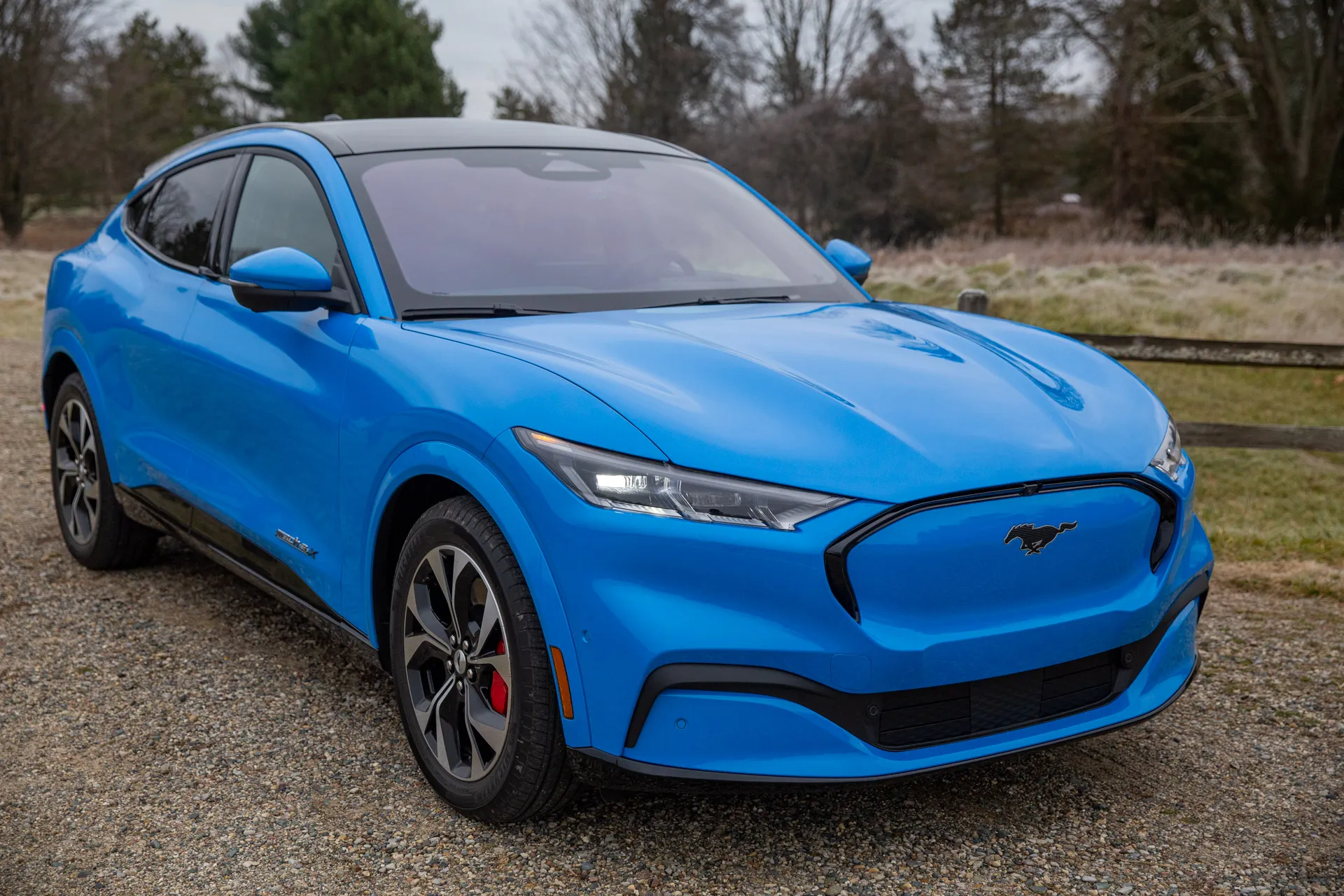
Once encased, the cells are placed into injection-molded holders. This design is considered more efficient than that used in the ID.4.
The Mach-E’s battery system is a high-voltage system that incorporates an active liquid cooling and heating system.
This advanced system controls the temperature of the battery to optimize its performance and efficiency. Additionally, it ensures that the battery does not require regular maintenance, contributing to the vehicle’s reliability over time.
3. Nissan Leaf
The Nissan Leaf is widely recognized for its low operating costs, and over the years, many of its models have exceeded 300,000 miles in total mileage.
Initially launched in 2010 in both Japan and the U.S., the first-generation Leaf suffered from issues with battery failures, especially in hot and dry climates.
However, Nissan addressed these issues by introducing the second-generation Leaf with heat-resistant lithium-ion cells, which were nicknamed the “Lizard Battery”.
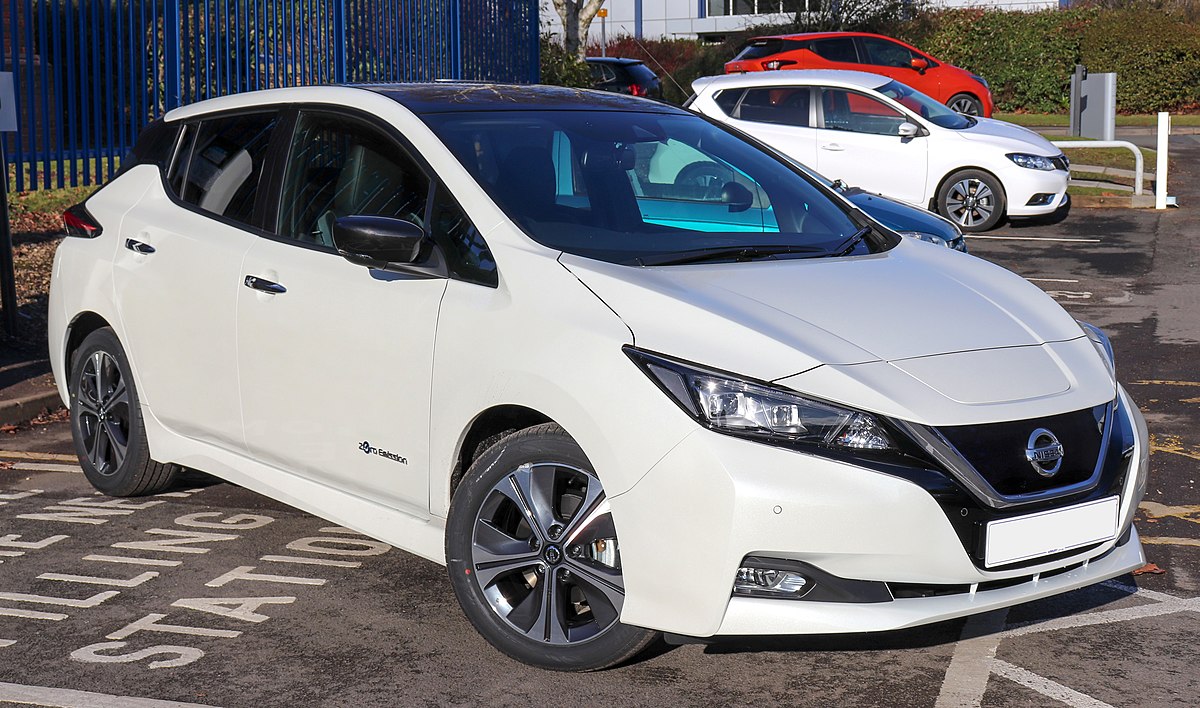
Compared to other manufacturers, Nissan has had an exceptionally low number of battery failures or warranty claims for the Leaf. This indicates the vehicle’s long-term reliability.
Even with the first-generation 2010 Leaf, the original battery could last at least 160,000 miles under regular use, and in more demanding situations such as with taxis or ride-hailing services it could potentially reach between 300,000 to 500,000 miles.
This durability highlights the Leaf’s potential for long-term use and minimal maintenance needs.
2. Tesla Model 3
The Tesla Model 3 is considered one of the most reliable and long-lasting electric vehicles (EVs) currently available on the market.
In terms of battery degradation, the Model 3 typically experiences a loss of less than 10 percent of its original capacity after 100,000 miles, which equates to around five to eight years of use.
As a result, the vehicle maintains about 90+ percent of its original range, even beyond the warranty period.
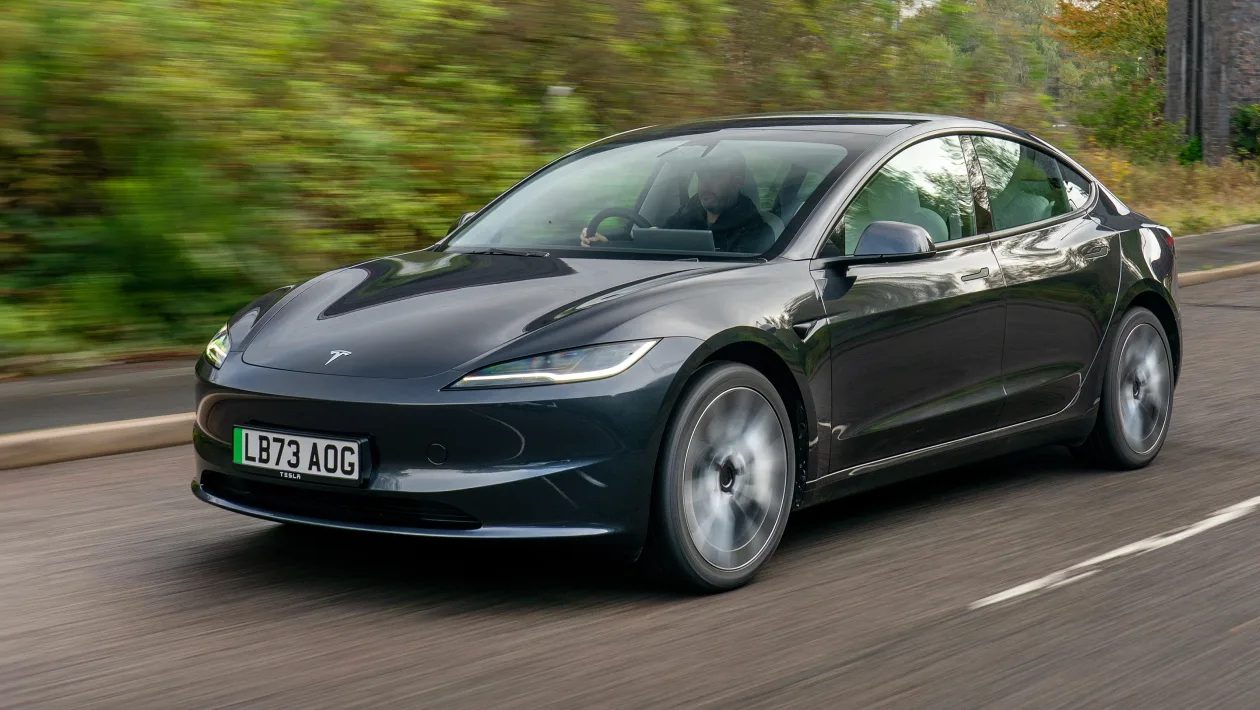
After the warranty expires, the battery is expected to lose no more than three percent of its range per year. The Model 3, similar to the Model Y, comes with an eight-year or 120,000-mile battery warranty, whichever comes first.
Tesla’s CEO, Elon Musk, has also stated on Twitter that the battery pack in both the Model 3 and Model Y is designed to last for 1,500 charging cycles, which is approximately 100,000 miles.
Both models utilize the 2170 battery, which is the same type of battery found in the Model Y, further confirming the Model 3’s expected durability and long-term performance.
1. Kia EV6
Kia has built a strong reputation for producing reliable, high-quality vehicles, and the Kia EV6 is no exception. Like all Kia electric vehicles, the EV6 comes with a 10-year/100,000-mile battery warranty, further demonstrating the brand’s commitment to long-term reliability.
Given Kia’s history of manufacturing highly reliable vehicles, it is reasonable to expect that the EV6 will last between 300,000 to 500,000 miles.
One notable feature of the EV6 is its proprietary heat pump technology, which is used to heat the cabin.
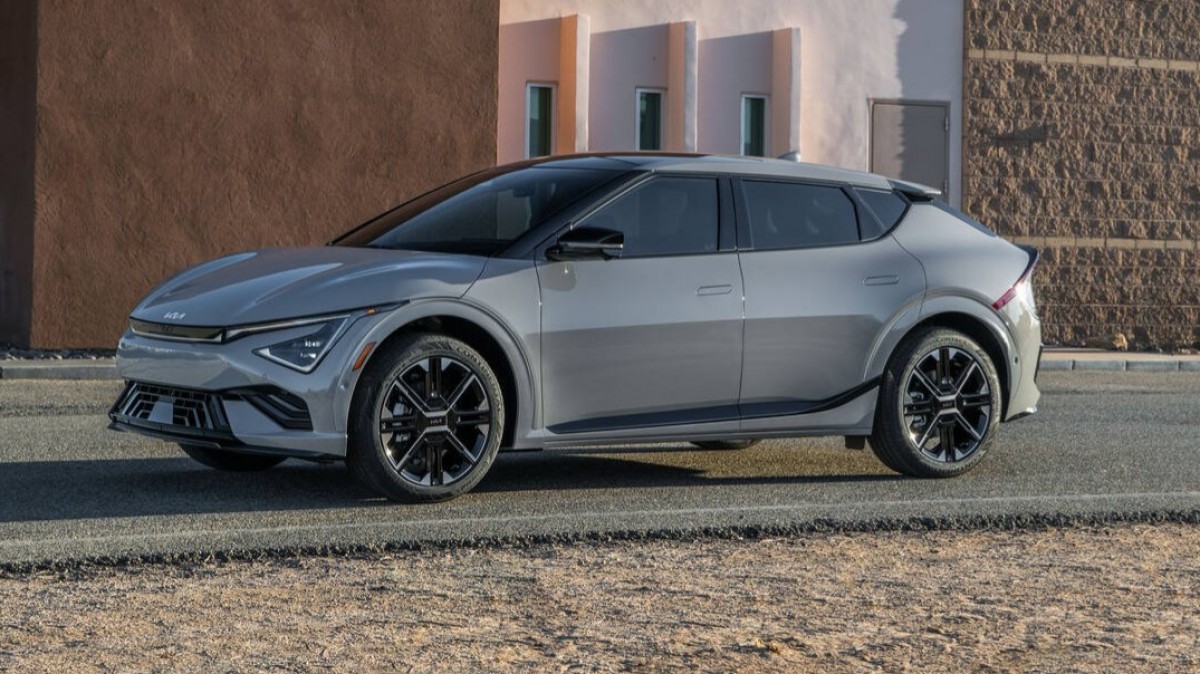
This innovative system helps reduce strain on the battery while enhancing overall efficiency. It works by converting external air and the heat from electronic components within the vehicle to generate cabin heat.
Additionally, the EV6 is equipped with battery pre-conditioning, a feature that improves battery life expectancy, especially in cold temperatures.
The EV6 is built on the e-GMP battery platform, which was developed jointly by Hyundai and Kia. This same platform is also used in the Hyundai Ioniq 5.
The EV6 has received positive reviews from both owners and reviewers, and based on Kia’s established reputation, it is expected to offer a long-lasting and reliable driving experience for many years to come.

